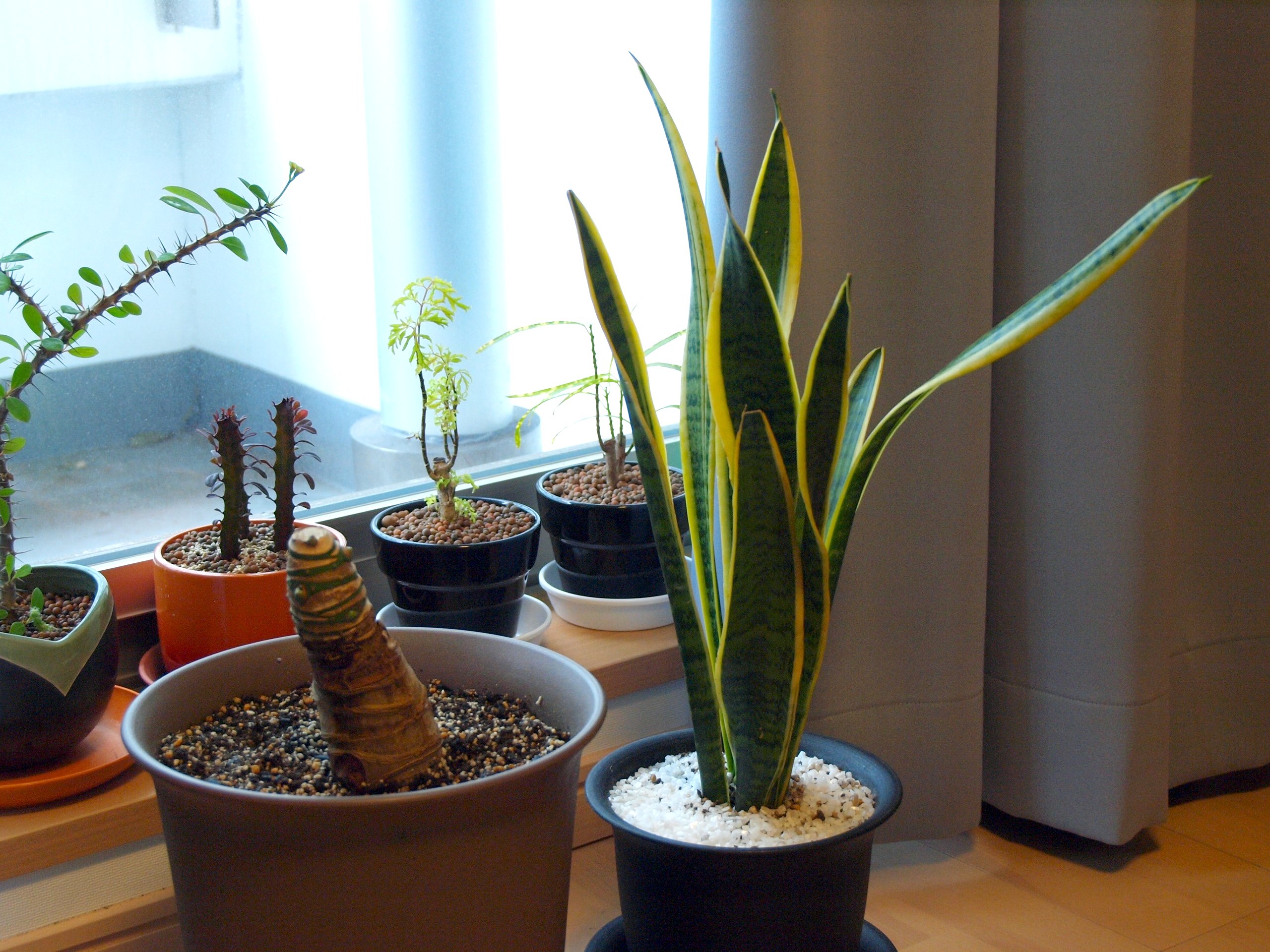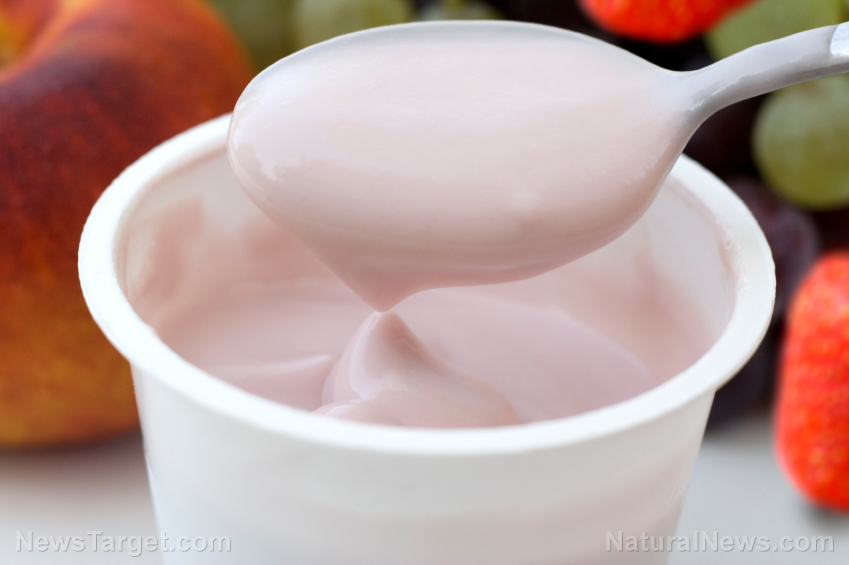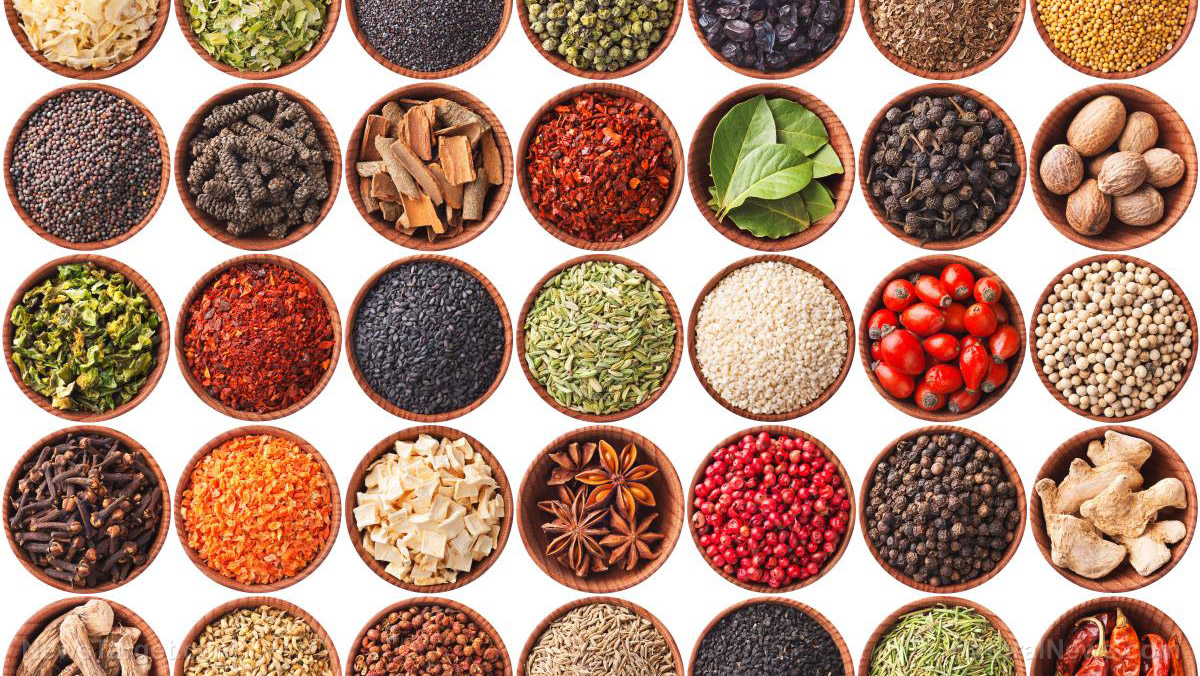Medical establishment ignores cancer prevention, rolls out experimental anti-cancer vaccine
12/08/2016 / By preventionnews

Mainstream medicine continues to refuse the concept of preventative medicine, ignoring the importance of crucial lifestyle factors such as diet, exercise and environmental toxin exposure, instead keeping its focus on research and development.
While countless people are now turning to natural medicine for services in cancer treatment, dentistry, nutrition, weight loss and even psychiatry, the medical establishment continues to invest its time and money in developing new drugs and vaccines – and it will continue to do so until it is no longer lucrative.
A substantial number of physicians, whether they be conventional or naturopathic practitioners, no longer believe that most cancer diagnoses are hereditary, but are instead the result of unhealthy lifestyles. These lifestyles can be chosen, our environments controlled.
Ignoring the facts
For example, those who grow up around agriculture may not necessarily be living unhealthily, but are exposed to a toxic environment via pesticide applications. But these connections are largely ignored by the medical establishment, a fact that was highlighted yet again in an article by the Independent touting what’s purported to be an anti-cancer vaccine.
The newly developed vaccine is designed to do what many alternative cancer treatments often achieve: target and destroy cancer cells while protecting healthy cells and tissues.
“The vaccine contains a small fragment of protein from an enzyme called human telomerase reverse transcriptase (hTERT), which allows cancer cells to divide continuously,” reports the Independent.
“It is hoped that by injecting this antigen into the bloodstream, it will stimulate the immune system to make antibodies that attack cancer cells but leave normal, healthy cell untouched, scientists said.”
Though the vaccine is still in the testing phase, its makers don’t believe it alone can cure cancer. Conveniently, it needs to be administered alongside low doses of chemotherapy.
“[T]he patients on the trial will be prescribed a chemotherapy drug that should, at low doses, ‘lift the brakes’ on the immune system so that it is no longer prevented from attacking the body’s own cancer cells, scientists said.”
Tunnel vision
This brings me to another point: If mainstream medicine openly acknowledges that chemotherapy shuts down the immune system, preventing it from fulfilling what is arguably one of our best bets against cancer, why are conventional doctors so reluctant to incorporate supplemental therapies?
Integrative doctors often use chemo in conjunction with immune-boosting remedies such as vitamin C treatments, oxidative therapy, a plant-based diet or fasting.
Instead, the cancer industry is focused on a new vaccine or a new drug that’s almost always accompanied by more health problems.
“In this trial we are investigating a form of immunotherapy designed to activate the body’s immune system by administration of a vaccine based on fragments to a key cancer protein,” said Hardev Pandah, a professor at the University of Surrey in Guildford who is leading the experimental trial.
But the truth is, cancer patients don’t need a vaccine to “activate” their immune systems. This can be done through proper nutrition, and yes, even in patients with advanced forms of cancer.
Kelly Potter, 35, is one of the first cancer patients to receive the experimental vaccine. She was diagnosed with “advanced cervical cancer” less than a year ago, and is one of 30 individuals selected to participate in the two-year vaccine trial.
Potter, who lives in Beckenham, Kent, received her first anti-cancer vaccine in early February, and is scheduled to receive seven more injections. Doctors warned her she may experience flu-like symptoms as a side effect, reports the Independent.
She had not experienced any at the time of the article’s publishing, but then again, she has only received one injection thus far. Whenever referencing vaccines, there are always side-effects involved, and oftentimes they are a lot more serious than flu-like symptoms.
Only time will tell whether or not this may be a beacon of hope for cancer patients, but the sad truth is that it will most likely be another money maker for the cancer industry, and an immense disappointment for those dependent on it.
Sources:
Tagged Under: cancer vaccine, experimental drugs, prevention




















